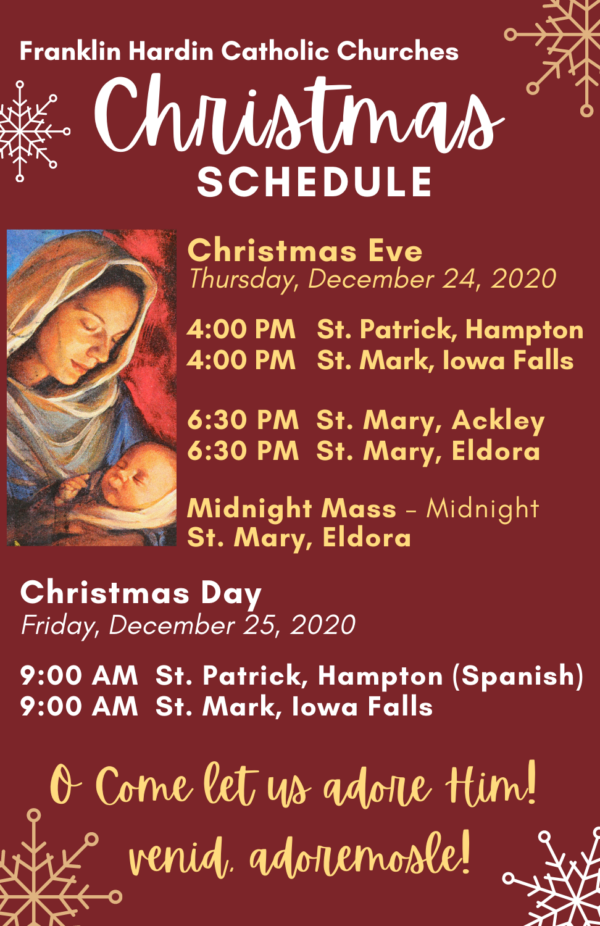In the Lutheran and other Protestant denominations, October 31, the Eve of All Saints Day, is known as “Reformation Day,” as this was the day Martin Luther hung his famous “95 Theses.” The main subject of these theses were criticisms over abuses regarding “Indulgences.” These abuses involved certain Bishops were selling indulgences to raise money for their church, an abuse that was in fact addressed and done away with by the Catholic Church in Martin Luther’s time. But contrary to some people’s thought, the Catholic Church still has Indulgences today.
So what is an “Indulgence” anyway? The technical definition: “remission before God of the temporal punishment for sins, whose guilt is forgiven.” Hoofta! What does THAT mean? When we sin, of course forgiveness is offered by God, BUT there is still damage that results from that sin. But God indulgently extends His grace into that damage as well. Besides the normal means of obtaining God’s grace (the Sacraments), there are also many other additional means through which God can channel His grace, and indulgently so. The Church as Christ’s institution on earth, and thus the dispenser of Christ’s grace, spells out for us other prayers and works through which God indulgently gives us His grace, bringing an extra level of healing from the resulted damage of the sin (not merely forgiveness of sin).
One way to think about this is like recovering from major surgery (an appropriate analogy as Pope Francis has famously referred to the Church as a “Hospital for sinners”). After the surgery, the damaged or diseased thing has been addressed. However, there is then the therapy that has to be done, to strengthen the muscles again.
When God forgives the sin (especially in Sacrament of Confession), it is like the surgery, the knee replacement. The surgery is done, you have a new knee! But then, you have to do the weeks of therapy to restrengthen your muscles again. Works of penance are sort of like this, and in a much bigger way indulgences are like therapy, rebuilding that which was damaged in the process.
Another way to think about Indulgences is like “superfoods” for your health. While there exists sort of the basic general things that make a healthy well-balanced diet (green veggies, whole grains, proteins, minimizing high sugar and saturated fatty foods, etc.), there also exist out there various lists of foods that dieticians consider “superfoods,” some food that is particularly fantastic for your health (Quinoa; Acai berries; Kale, etc.)
The Church is like a spiritual dietician, giving us different disciplines, devotions, and practices that are good for our spiritual “health.” And while there is the basic healthy, well-balanced diet (Mass, the Sacraments, prayer with Scriptures, fasting, works of mercy); there are also the “Superfoods” for your spiritual health, that is certain prayer practices (sometimes in certain times or seasons) that are particularly powerful for your spiritual health.
We can obtain this indulgent grace for ourselves OR what’s really amazing is that we can apply it or a to those who have into the heavenly clinic and are going through really intensive therapy (or a “Detox diet cleanse”), that we call Purgatory. (Appropriate for this month of November where we pray for our beloved dead in a particular way).
Next week I’ll talk more about how we obtain Indulgences.
Peace,
-Fr. Kevin

